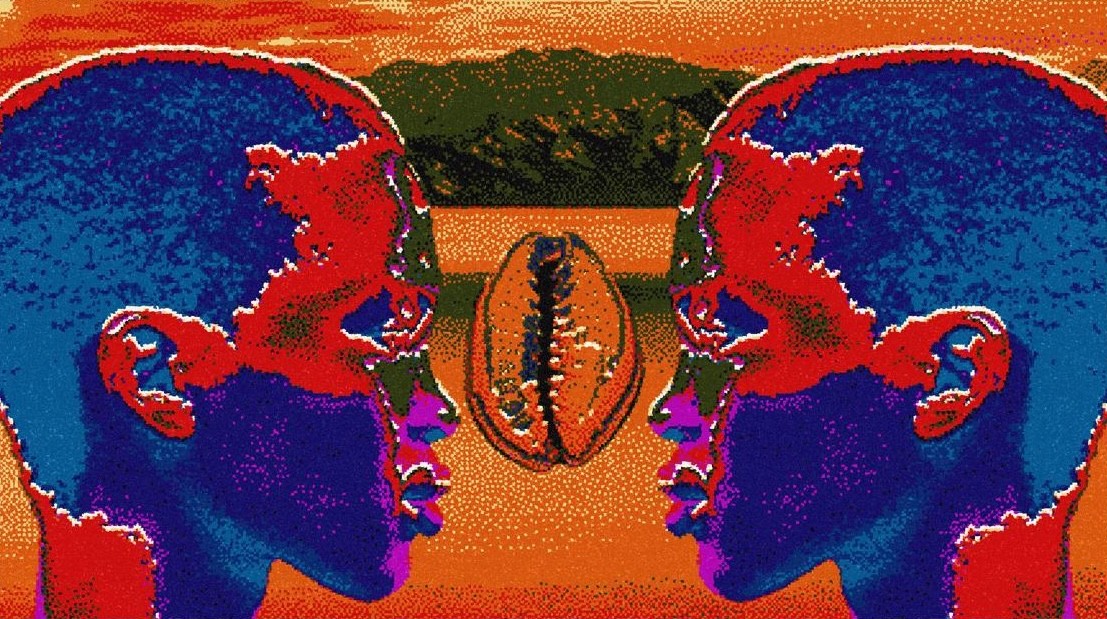Arjun Appadurai: “The relevant issue is: rich versus poor”
C& América Latina: When you gave a keynote at the Johannesburg Workshop in Theory and Criticism (JWTC), a conference on “The Theory of the South”, you provocatively said that you would question the existence of a theory of the South and rather would believe that there might be a “South of theory.” What did you …
C& América Latina: When you gave a keynote at the Johannesburg Workshop in Theory and Criticism (JWTC), a conference on “The Theory of the South”, you provocatively said that you would question the existence of a theory of the South and rather would believe that there might be a “South of theory.” What did you mean by this and would you still argue this?
Arjun Appadurai: I meant this as a provocation since the idea of “theory from the South” was already at risk of becoming a cliché. I meant to suggest that places and locations were important in the geography of knowledge, but that what was more important was to unsettle the very idea of theory, by looking at it from unfamiliar points of view, some of which could be geographical, but others could be professional, generational or ideological. The idea of going south of theory also opens up the question of the epistemological status of distinctions such a theory/practice, theory/observation, theory/data etc.
C&AL: As the South is not only geographically defined but also implicates a lot of other meanings, it would be interesting to hear what it implicates for you personally and also within your research.
AA: My first sense of the South, growing up in India in the 1950s and 1960s, was tied up with the decolonizing world and revolved around the West and the Non-West. I later realized that the relevant issue is rich versus poor, i.e. North versus South, a distinction which brought Latin America more clearly into the story of decolonization and dependence. Still later, I began to see that were there was an East in every West (minority and oppositional traditions within the dominant one) and a South within every North, as I saw in cities like Philadelphia and Chicago, with huge black ghettoes which I saw for the first time. Through this set of steps, I began to think of the positionality of theory as being more political and less geographical.
C&AL: I think you would agree to the fact that the powers of the world are shifting. Brexit, Trump, right wing populism in Europe, the positioning of China and Russia, etc. are indicators for that. What is your opinion when it comes to the question of what kind of role the “South” could play in the coming decades and whether Europe will have a part in it?
AA: I do believe that the geographical “South” is changing its balance and that India and China are going to be major sites for defining the relationship between authoritarianism, rapid growth and populism. Europe can play a vital role in this process by providing a balance between the contending claims of China and the USA as contenders for global domination and between India and China as competitors for economic domination in Asia. It can do this through the EU, through such global civil endeavors as the Goethe-Institut and by exemplifying a real future for democratic politics. This can only be done if Europe sees the problems of the world and its own problems as two sides of the same coin.
C&AL: Decolonization is the expression one hears in all kinds of contexts of globalization. Where does this decolonization lead, or is it just something that only exists as a theoretical construction that has to be deconstructed again?
AA: Yes, I fear that decolonization has become too loose a category and is now used for all kinds of movements, impulses and aspirations, many of which have nothing do with actual colonies or colonialism. I prefer to use the term decolonization to refer to the specific moment in which many countries in Asia, Africa and the Middle East achieved independence in the 1940s and 1950s. The Latin American case is interesting but it took place more than a century earlier and also occurred in relation to pre-industrial capitalism. Still, it is the first real decolonizing process of which we have real knowledge. I am interested in all these cases, but not in the recent trend to throw around words like “decolonial” without reference to specific historical cases.
C&AL: What is your South?
AA: My South is the place where marginal populations meet marginalizing theories and suffer under their dominion. That “South” can be anywhere and it needs intervention in any and all of its locations.
Arjun Appadurai is an Anthropologist and Professor of Media, Culture and Communication at New York University, and a Senior Fellow at the Institute for Public Knowlegde. He has published several books in the field of Globalization Studies, including Modernity at Large (1996), The Fear of Small Numbers: An Essay on the Geography of Anger (2006), and The Future as a Cultural Fact: Essays on the Global Condition (2013). Most recently, the book Banking on Words: The Failure of Language in the Age of Derivatives Finance (2015), proposes an unconventional interpretation of the 2008 economic crisis.
Katharina von Ruckteschell-Katte studied Art History, German Studies and Comparative Literature. She has been in charge of the Goethe-Institut São Paulo and the region of South America since 2013.
This interview was originally published on the websiteEpisodes of the South, that was conducted by the Goethe-Institut in Brazil.
In Conversation

The Deconstructive Lens of Ngadi Smart: From Drag to Climate Change

On Ghosts and The Moving Image: Edward George’s Black Atlas

On Exile, Amulets and Circadian Rhythms: Practising Data Healing across Timezones
In Conversation

The Deconstructive Lens of Ngadi Smart: From Drag to Climate Change

On Ghosts and The Moving Image: Edward George’s Black Atlas
